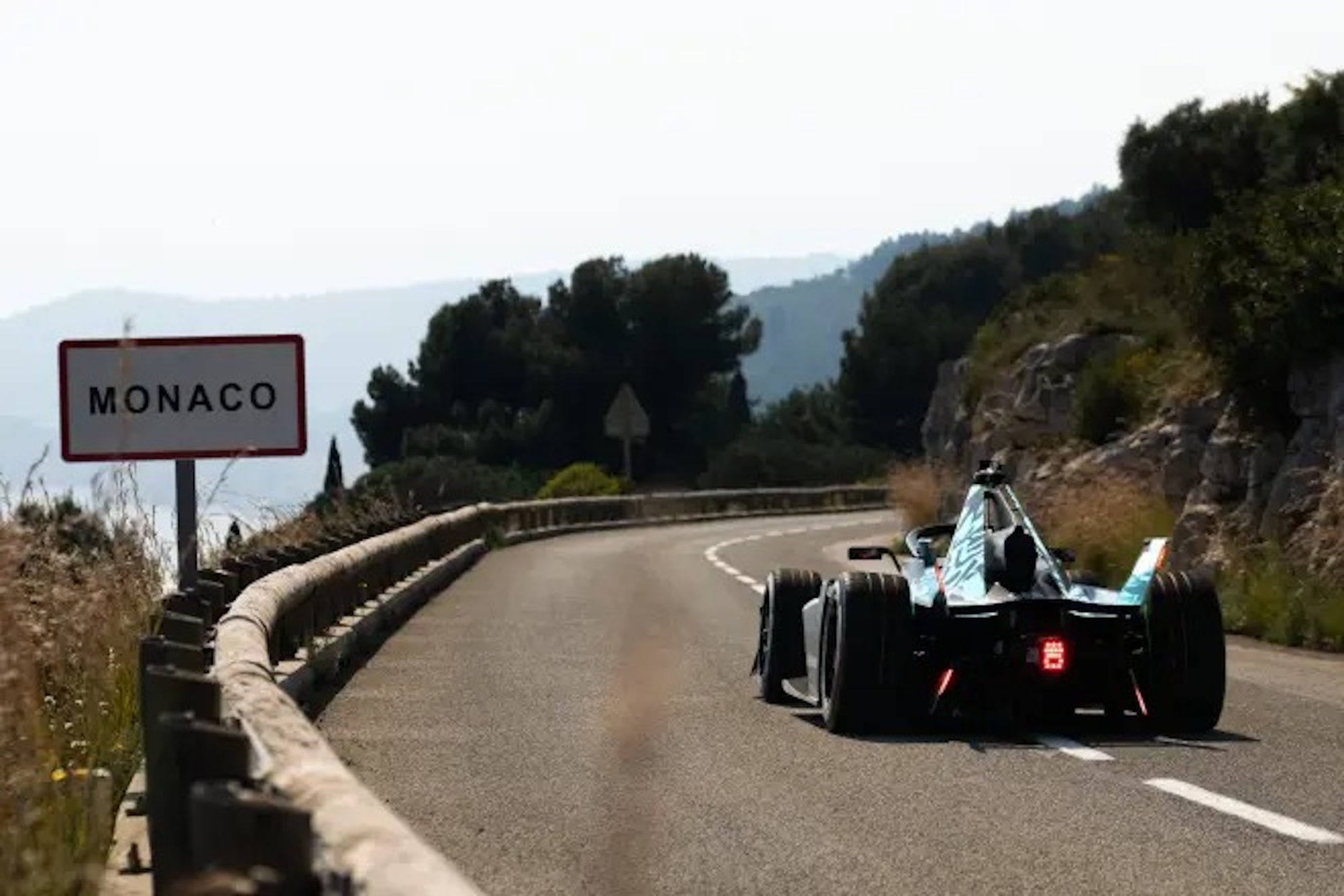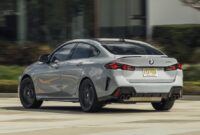This impressive test particularly provides a visual understanding of the ‘magic’ behind Formula E vehicles.
I
If I were to inform you that
a
Formula E
a single-seater can recuperate as much as 600 kW of energy
during deceleration, you may not be able to discern the true extent of what this means. Even if we tell you that
Forty percent of the energy utilized by a solo vehicle throughout an E-Prix is generated by the car itself.
via kinetic recuperation using its motor/inverter systems.
However, a more detailed (and, most importantly, significantly more visually apparent) method was created by
Formula E
to help others grasp the remarkable demonstration of the new Gen3 EVO single-seaters: the
Google Mountain Recharge
This is a test involving the electrical competition in partnership with
Google Cloud
and
GENBETA
‘deploy’ one of the prototype single-seaters for a downhill run
Col de Braus (Alps)
to determine the amount of energy it can recuperate on that path
freewheeling
The outcome was unexpected.
A tour of Monaco at no cost
James Rossiter
, previously an electric race car driver and
former Maserati team boss
, was in charge of driving the car, which was loaded only with enough energy to start its journey
After completing the set route, the GENBETA single-seater accumulated enough energy (between 1.6 and 2.0 kWh) in its batteries to cover the 3.337 kilometers of the Monaco Grand Prix circuit, where the 22 single-seaters of the electric world championship held their sixth and seventh E-Prix this weekend (with victories for Oliver Rowland and Seb Buemi, respectively)
A technology, that of
regenerative braking
, is also part of the features of
electric road cars
, helping to increase their range. In most models,
The driver might experience feeling akin to a Formula E racer.
By adjusting the strength of the regenerative braking via the paddle shifters on the steering wheel while enhancing the car’s driving range.
Don’t miss any sports updates with us.
www./en
.




